
With economic development and increasing social pressure, excessive thinking, long nights, and a preference for spicy foods have become the norm for many, leading to a rise in individuals with Yin deficiency.
According to epidemiological data, approximately 67.86% of the general population has a偏颇体质 (biased constitution), among which about 8.27% are classified as Yin deficient, ranking fourth among biased constitutions. Research on the TCM constitution of sub-healthy individuals shows that the proportion of Yin deficient individuals is about 13.4%, second only to those with Yang deficiency and Qi deficiency.

Characteristics of Yin DeficiencyThin and elongated body shape;Outgoing, lively personality; irritable temperament;Dry skin, prone to wrinkles;Facial flushing, hot palms and soles;Dry mouth and throat, constipation, etc.
“Seven Observations” to Identify Yin Deficiency
There is a saying in TCM: “Yin deficiency leads to internal heat.” Due to the inability of Yin to control fire, the following symptoms may appear.
Tongue Appearance:Individuals with Yin deficiency have a very red tongue with a thin coating, or even no coating at all, sometimes presenting as a “geographic tongue”—the coating peels off, revealing a red tongue body; a red tongue with little coating is a typical tongue manifestation of Yin deficiency.
Pulse:People with Yin deficiency have internal heat, and their pulse tends to be rapid.
Palms and Soles:Individuals with Yin deficiency often have very hot palms and soles, and at night they tend to stick their hands and feet out of the covers. Some feel the need to press their palms against a cool wall for comfort, and they often feel inexplicably irritable.
Skin:Body fluids nourish the skin, hair, and nails, so those with Yin deficiency may experience dry skin, flaking, and lack of luster in hair and nails.
Stool:Due to insufficient body fluids, dryness in the intestines can lead to constipation.
Water Intake:Due to insufficient body fluids, individuals often drink more water due to dry mouth and throat.
Symptoms:Due to internal heat from Yin deficiency, symptoms of excessive虚火 (false fire) may include flushed cheeks, irritability, mouth ulcers, and short, red urine.
Yin Deficiency Manifestations in the Five Organs• Lung Yin deficiency often accompanies dry cough without phlegm, or scant, sticky phlegm, along with tidal fever and night sweats.• Heart Yin deficiency can lead to palpitations, forgetfulness, and insomnia with vivid dreams.• Kidney Yin deficiency may cause lower back pain, weakness in the knees, dizziness, tinnitus, hair loss, loose teeth, increased libido in men, nocturnal emissions, and scant menstruation in women.• Liver Yin deficiency can lead to irritability, anger, dizziness, dry eyes, reduced vision, and vague pain in the ribs.• Spleen Yin deficiency may result in dry stools, abdominal distension after eating, weight loss, fatigue, and dry lips.

Causes of Yin DeficiencyGenetic constitution, late marriage and childbirth of parents;Preference for spicy, hot foods, and medications that harm Yin;Long-term indulgence in smoking and drinking;Environment with strong winds and dryness, intense sunlight;Emotional instability, irritability;Staying up late harms Yin, excessive indulgence damages essence, etc.Nourishing Recommendations01Dietary Nourishment
Yang energy is like the sun’s warmth, while Yin energy is akin to rain and dew, nourishing the earth and all living things. When the weather is hot for a long time and there is insufficient rain, riverbeds dry up, and crops die; this is an imbalance caused by insufficient Yin fluids failing to restrain excessive Yang energy. For the human body, a deficiency of Yin fluids leads to dryness in the skin and mucous membranes, dry mouth and throat, and constipation.
Individuals with Yin deficiency should increase the intake of sweet, cool, and moistening foods, such as celery, spinach, bean sprouts, loofah, cucumber, winter melon, water chestnut, lotus root, white radish, and tomatoes; or fresh fruits like pears, bananas, grapes, persimmons, sugarcane, loquats, coconuts, and mulberries;
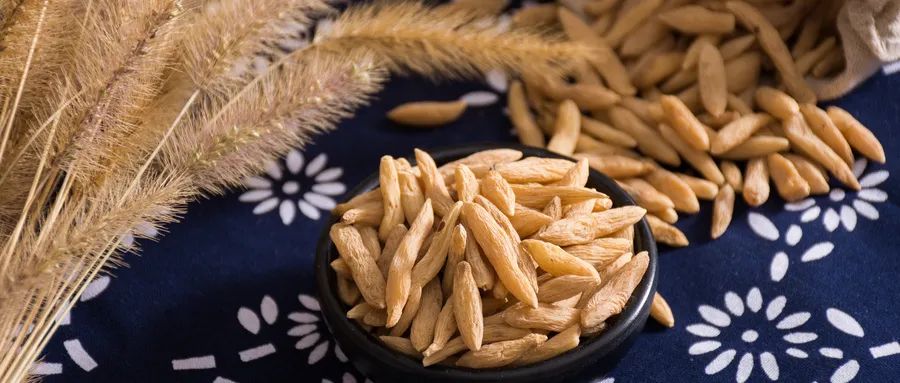
Meat and seafood options include lean pork, pig trotters, duck, turtle, soft-shelled turtle, squid, jellyfish, clams, and oysters; or they can be appropriately paired with Sha Shen (Glehnia root), Yu Zhu (Polygonatum), Mai Dong (Ophiopogon), Yin Er (Tremella), and Bai He (Lily) in porridge, soup, or sweet soups. It is important to reduce the intake of warming and drying foods such as lamb, dog meat, chili, Sichuan pepper, leeks, ginger, garlic, durian, and lychee.
Additionally, it is recommended to use steaming, boiling, blanching, and stewing methods for cooking, as these methods better preserve the moisture and nutrients of the ingredients, while minimizing frying, roasting, or grilling, which can increase the drying nature of the food.
“Nourish Yang in spring and summer, nourish Yin in autumn and winter.” Currently, it is the season for winter storage, and the weather is relatively dry. At this time, appropriately consuming foods that nourish and moisten Yin can take advantage of the seasonal benefits and further assist in the storage of Yin essence.
02Daily Routine
Individuals with a constitution of Yin deficiency often have insufficient Yin fluids, leading to relatively excessive Yang energy, causing the body to be in a state of irritability and hyperactivity. After falling asleep, Yang energy contracts, allowing Yin fluids to nourish the body. It is recommended for those with Yin deficiency to adjust their schedule to ensure adequate rest and sleep.
The bedroom should have soft colors, and it is advisable to avoid strong tea or coffee before bed, as well as avoid playing or engaging in intense exercise. A quiet resting environment should be created, as a calm mind leads to peaceful sleep. The balance of Yin and Yang in the kidneys is fundamental to the body’s Yin and Yang; excessive indulgence can harm Yang and damage Yin. Even ordinary people need to moderate sexual activity, and those with Yin deficiency should pay more attention to preserving Yin and essence. Furthermore, the “Bencao Huiyan” states that tobacco is “bitter and pungent, hot in nature, and toxic,” while alcohol is described in the “Bielu” as “bitter, sweet, and pungent, very hot, and toxic.” Long-term smoking and drinking can easily generate internal heat, so it is recommended for individuals with Yin deficiency to quit smoking and drinking.
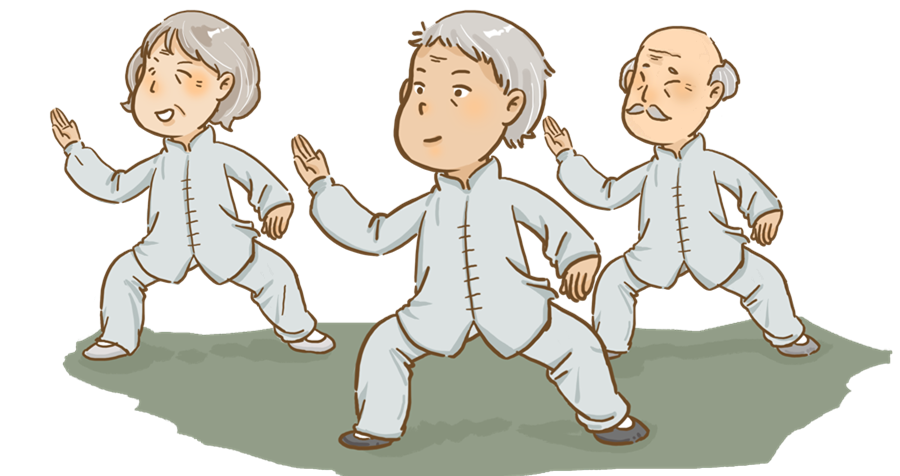
03Physical Exercise
High-intensity exercise or prolonged physical activity can lead to excessive sweating and thirst, as movement raises Yang energy and forces fluids to leak out, which can deplete Yin fluids. Individuals with Yin deficiency should choose moderate-intensity, intermittent exercise, such as Tai Chi, Ba Duan Jin, or fitness routines that combine movement and stillness.
Avoid exercising in intense sunlight or hot environments, and pay attention to sweating, replenishing fluids promptly after exercise.
04Emotional Regulation
Individuals with a constitution of Yin deficiency are often emotionally volatile and easily irritated. They should pay attention to regulating their emotions, remaining calm in the face of challenges, and learning how to maintain a stable mindset in both favorable and adverse situations.
In daily life, listening to soft and soothing music can be beneficial, as well as cultivating hobbies such as calligraphy, painting, or playing musical instruments. For example, practicing calligraphy requires concentration and tranquility, and long-term practice can cultivate patience, helping to eliminate distracting thoughts and restlessness, leading to a peaceful mind.
During free time, taking walks in beautiful and serene environments can also enhance mood and promote tranquility.

Dietary Therapy
Individuals with Yin deficiency should consume foods that nourish Yin and alleviate deficiency in their daily lives, avoiding spicy, stimulating, warming, and fried foods, as well as foods that are excessively fatty.Here are several suitable foods for individuals with Yin deficiency:
Duck Meat
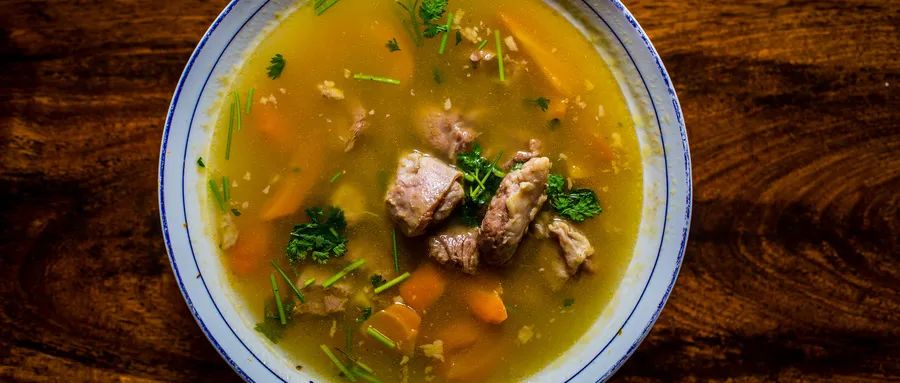
Famous Qing Dynasty physician Wang Mengying stated in “Suixi Ju Dietary Records” that duck meat: “Nourishes the Yin of the five organs, clears heat from deficiency, and generates fluids for the stomach.”
Looking at the dining records of Emperor Qianlong, it is found that dishes made with duck meat were particularly numerous, almost daily.
Emperor Qianlong lived to be eighty-nine, the longest-lived emperor, and his attention to dietary nourishment was likely a significant factor in his longevity.
Pork (Skin)
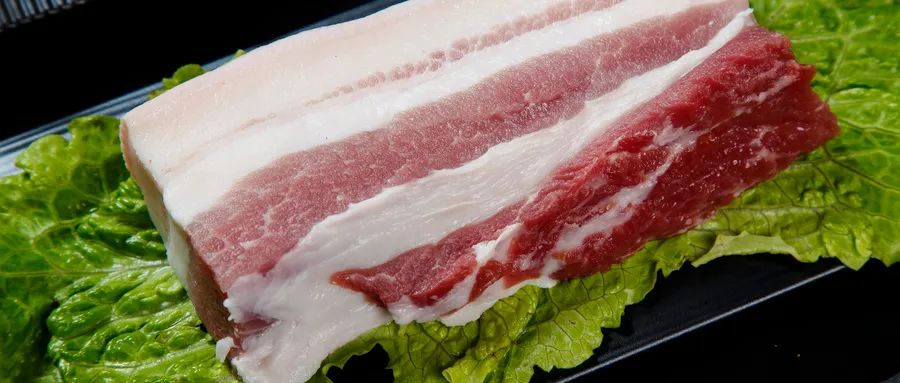
According to “Bencao Qiuzhen,” pork “primarily nourishes Yin and moistens dryness” and is used to treat heat diseases that injure fluids, thirst, emaciation, dry cough, and constipation.
“Bencao Beiyao” records: “Pork has a rich flavor, nourishes the intestines and stomach, generates body fluids, and moistens the skin.”
Pork is suitable for individuals with Yin deficiency, and pork skin is even more effective in nourishing Yin.
Eggs
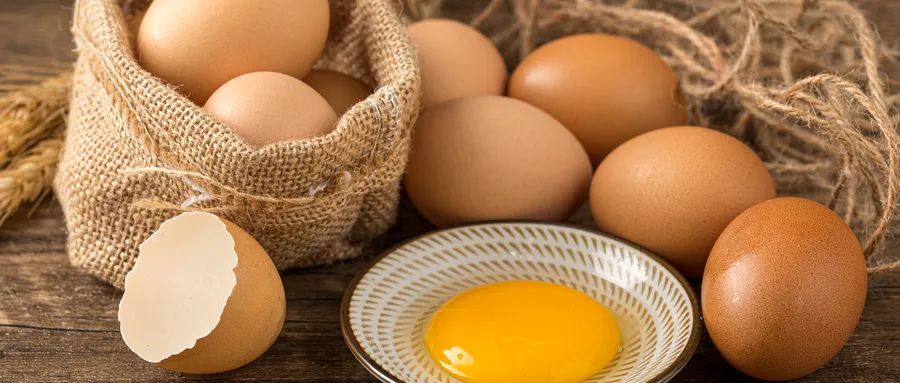
Both egg whites and yolks nourish Yin and moisten dryness, with the yolk being better.
The “Jinkui Yaolue” mentions that the lily and egg yolk soup can nourish the Yin of the lungs and stomach, which is effective for insomnia caused by Yin deficiency.
In the “Shanghan Lun,” the Huanglian Ejiao Decoction, after the medicine is prepared, adds two egg yolks, mixes well, and can enhance the overall Yin-nourishing effect.
Pear
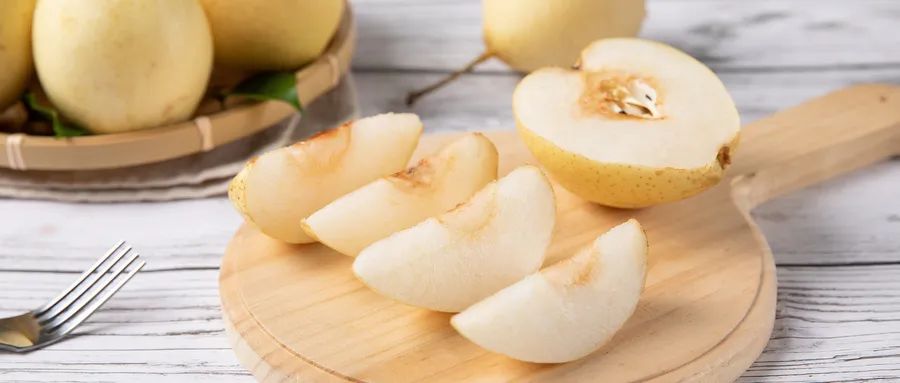
Pears have the effect of generating fluids, moistening dryness, and clearing heat, making them particularly suitable for lung Yin deficiency or those with Yin injury after a febrile disease.
According to “Bencao Tongxuan,” pears “nourish the Yin of the five organs when ripe.”
Records from “Chongqing Tang Suibi” state: “For warm and dry diseases, and for Yin deficiency with excessive heat, juicing and drinking it is effective immediately.”
Autumn pear syrup is a good remedy for nourishing Yin and moistening dryness, suitable for those with Yin deficiency and lung dryness.
Mulberries
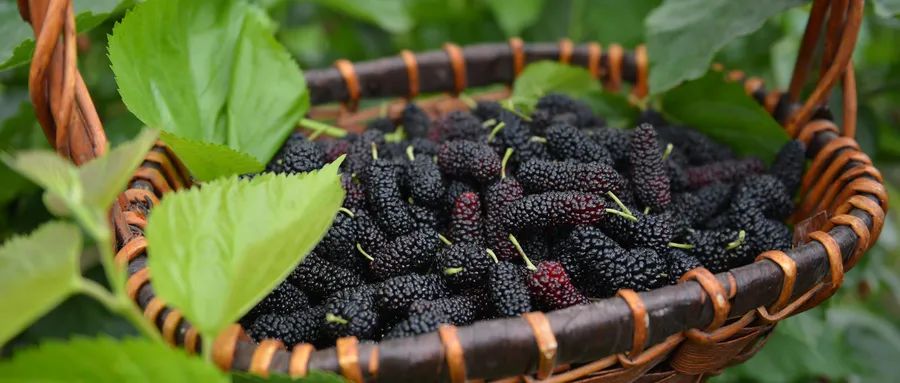
Mulberries have the function of nourishing Yin and replenishing blood, particularly effective for nourishing the Yin of the liver and kidneys.
According to the “Shennong Bencao Jing Shu” by Miao Xiyong in the Ming Dynasty, it is described as “a medicine for cooling blood, replenishing blood, and benefiting Yin,” and it also states, “Thirst due to internal heat, insufficient fluids, generates fluids to stop thirst, benefiting all five organs due to its Yin-nourishing properties.”
Individuals with liver and kidney Yin deficiency who experience thirst, dim vision, and tinnitus should consume it regularly.
Goji Berries
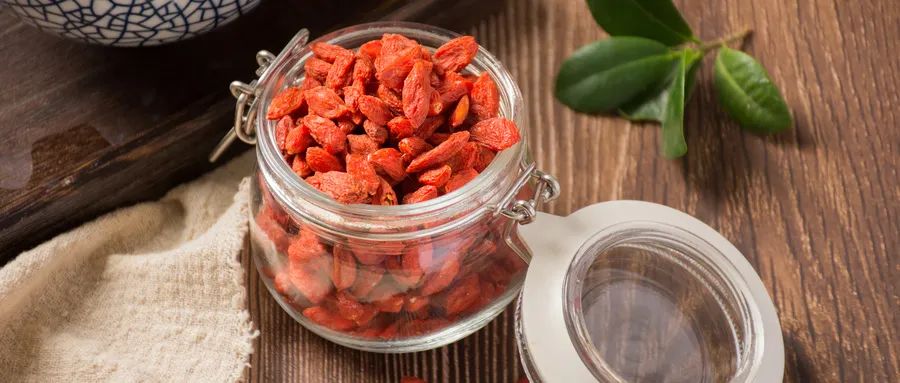
Goji berries have the function of nourishing Yin and benefiting essence, especially for symptoms caused by liver and kidney Yin deficiency such as lower back pain, dizziness, blurred vision, tinnitus, or for lung Yin deficiency with tidal fever, night sweats, and cough.
Famous physician Zhang Xichun from the Republic of China often felt thirsty at night and would keep a bowl of water by his bedside, drinking most of it overnight.
Later, he found that eating a handful of goji berries before bed eliminated his nighttime thirst, demonstrating their nourishing and moistening effects.
White Fungus
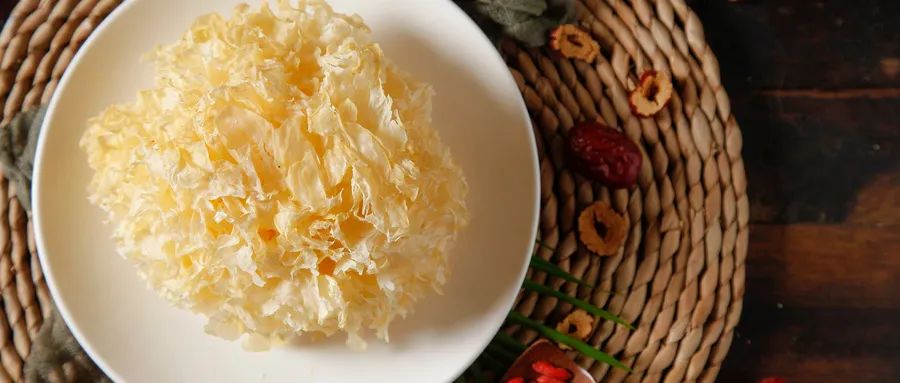
White fungus is sweet, bland, and neutral in nature. According to “Zhonghua Bencao,” it is recorded to nourish and generate fluids, moisten the lungs, and nourish the stomach.
White fungus is rich in nutrients and is a commonly used tonic, especially suitable for those with lung and stomach Yin deficiency.
Dietary Therapy Recipes
Yin Nourishing and Beauty White Fungus Soup
Ingredients:One large piece of white fungus, 40g lotus seeds, one fresh lily, 10 red dates, 10g goji berries, and an appropriate amount of rock sugar.
Method:Wash the white fungus, remove the yellow part at the root, tear it into small pieces, soak in cold water overnight, or in warm water for several hours until soft; remove the core from the lotus seeds and soak in warm water for 1 hour; wash the fresh lily and set aside. Add an appropriate amount of water to a pot, combine all ingredients except the fresh lily, bring to a boil over high heat, then simmer for about 1 hour, add the fresh lily and rock sugar, and cook for another 10 minutes until the sugar dissolves, then serve.
Effects:Nourishes Yin and blood, calms the heart and mind.
Honey Lemon Rose Drink
Ingredients:Two fresh lemons, an appropriate amount of honey, and 5 dried rose flowers.
Method:First, prepare the honey lemon: wash the fresh lemons several times with salt, slice them thinly, prepare a clean glass jar of suitable size, layer a few lemon slices at the bottom, pour in a layer of honey, then add more lemon slices, continuing to layer until full, seal the jar, gently shake to mix the honey and lemon evenly, and refrigerate for 5-7 days. When consuming, place the rose flowers in a cup, take 2-3 slices of lemon, add a spoonful of honey lemon juice, and pour in 200ml of boiling water, steep for 10 minutes before enjoying.
Effects:Nourishes Yin, moistens dryness, generates fluids, and relieves liver stagnation.
Shashen Yuzhu Lotus Root Old Duck Soup
Ingredients:Half an old duck, 30g Shashen, 30g Yuzhu, 500g lotus root, and 3 slices of ginger.
Method:Clean the slaughtered old duck, remove feathers and internal organs, cut into pieces; peel and cut the lotus root into chunks. In a pot, add cold water, bring to a boil, add the duck meat to blanch and remove blood impurities, then take it out. In a soup pot, add an appropriate amount of clean water, combine all ingredients, bring to a boil, then simmer for 2 hours, adding salt to taste.
Effects:Moistens dryness, nourishes Yin, strengthens the spleen, and benefits the stomach.
Recommended Practices
Tooth Tapping and Saliva Swallowing Method
Method:Sit quietly, calm your mind, regulate your breathing, lightly close your lips, rhythmically tap your upper and lower teeth together, starting with the molars, then the incisors, and finally the canines, tapping each for 36 times. After tapping, use your tongue to stir against the upper and lower gums and teeth, clockwise 18 times and counterclockwise 18 times, an ancient health practice known as “Red Dragon Stirs the Sea.” Then, press the tip of your tongue against the roof of your mouth to gather saliva. When there is a significant amount of saliva, swish it in your mouth several times, and finally swallow it slowly in three portions. During swallowing, focus on the lower dantian, as if the saliva is sinking into the dantian. The above steps constitute a complete practice, recommended to be done once before bed and once in the morning, with more repetitions being better.
Effects:TCM believes that “saliva is the fluid of the kidneys.” Historically, saliva has been referred to as sweet liquid, jade spring, and nectar. As noted in “Red Stove Pointing Snow”: “Once the saliva is swallowed, it transforms into blood in the heart, clarifies vision in the liver, nourishes the spirit in the spleen, aids Qi in the lungs, and generates essence in the kidneys, naturally harmonizing the body and preventing diseases.” Therefore, swallowing one’s own saliva helps to store and nourish Yin essence, benefiting the organs and overall health.
【Source: This content is a comprehensive compilation from the Zhuhai Hospital of Guangdong Provincial Hospital of Traditional Chinese Medicine (Medical Guidance: Chief Physician Cheng Jiehui), and other WeChat public accounts of Chinese medicine.】

